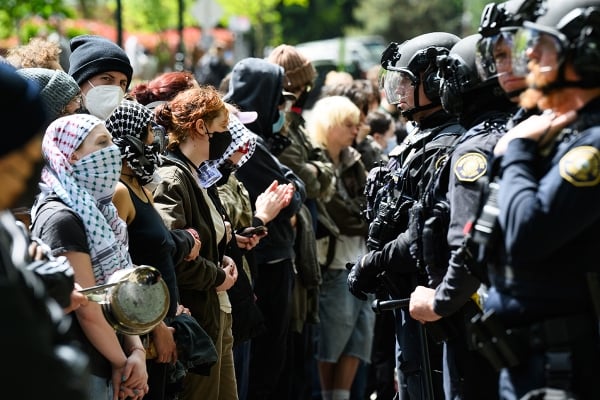On May 2, a breakthrough agreement was reached at Rutgers University, putting an end to a weeks-long protest by students demanding changes to the university’s policing practices.
The protest began in April when students occupied the university’s administration building, calling for the disbanding of the campus police department and the reallocation of funds to support marginalized communities on campus.
After days of negotiations between student leaders and university officials, an agreement was reached that addressed many of the protesters’ demands. The university agreed to form a task force made up of students, faculty, and staff to review the campus police department’s practices and recommend changes. Additionally, funds would be reallocated to support mental health services and diversity and inclusion initiatives.
Both sides expressed satisfaction with the agreement, with student leaders acknowledging the university’s willingness to listen to their concerns and work towards meaningful change.
The resolution of the protest at Rutgers is seen as a victory for student activism and highlights the power of collective action in bringing about institutional change. It also serves as a reminder of the importance of dialogue and negotiation in addressing complex issues within academic institutions.
As protests continue to take place on campuses across the country, the Rutgers agreement serves as a positive example of how peaceful demonstrations and constructive dialogue can lead to tangible progress and create a more inclusive and equitable campus environment.



